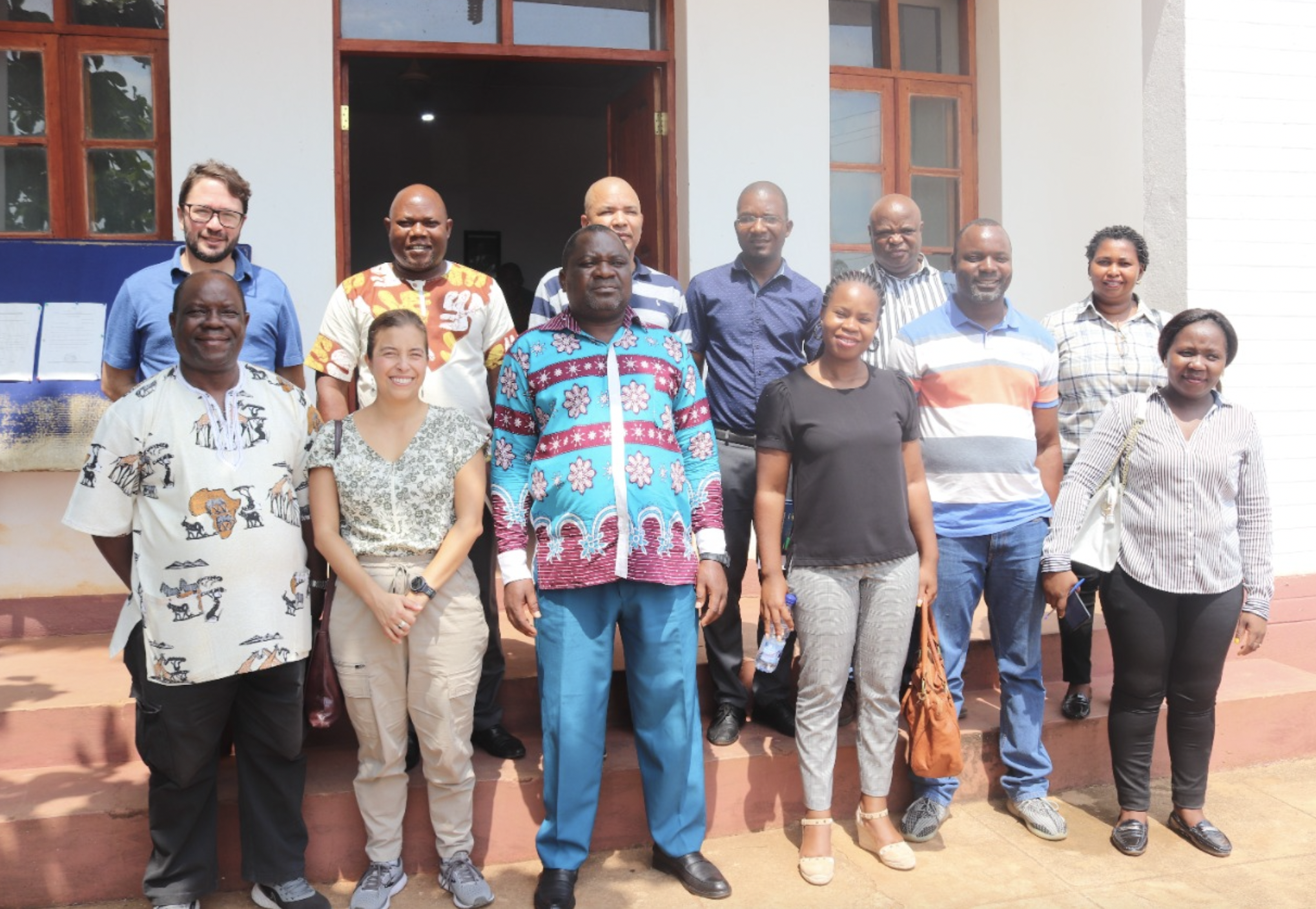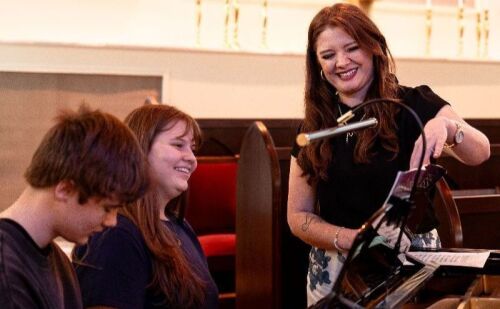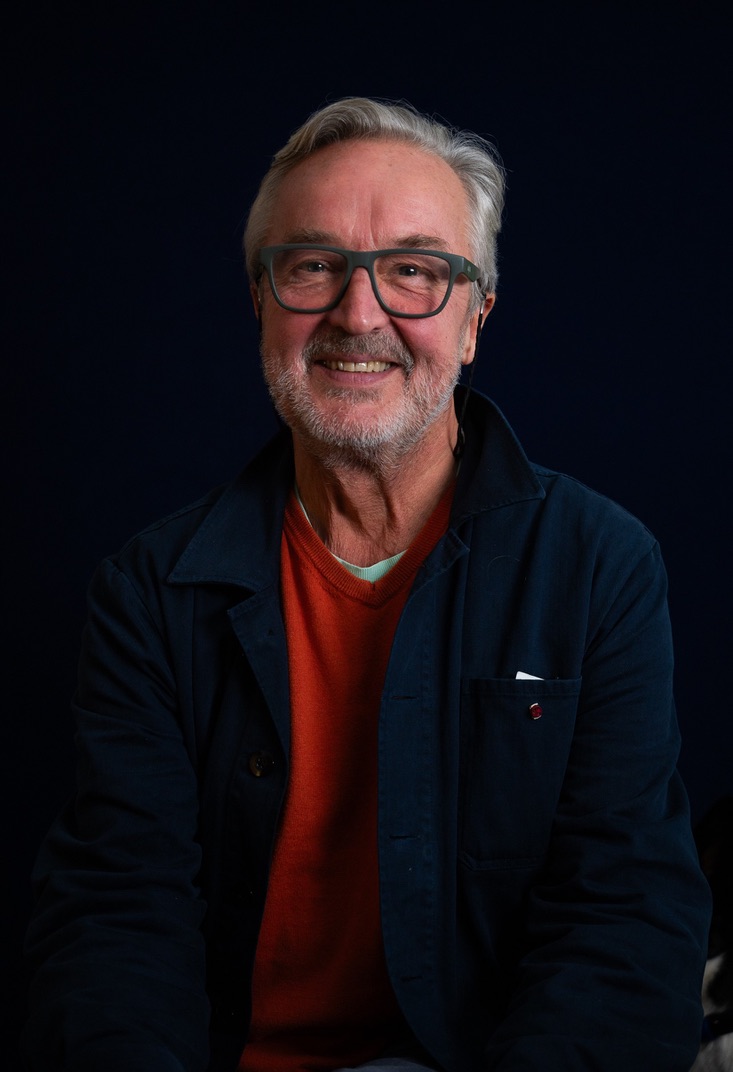
Topics
News & Resources
Editorial: February 2020
Bonnie Reagan, Co-Founder & Board President, Oregon BRAVO Youth Orchestras, Portland, OR
Justice, health and music. What do they have to do with each other? I am a family doctor and a social justice person, raised by a social justice mom. I am also the co-founder of BRAVO Youth Orchestras, an El Sistema program now in its seventh year in Portland, Oregon. I helped start BRAVO because I love music and I know that, in the Sistema world, music strongly supports children to become good citizens and self-actualized people.
But health? Justice? In February 2016, there was an article on the front page of the New York Times headlined “Disparity in Life Spans of the Rich and Poor is Growing.” The longevity gap related to poverty is increasing sharply, despite advances in technology and medicine. While the longevity gap (the difference between the average life spans of poor and non-poor people) was about six years in 2001, for men, there is now a distance of about 15 years between the richest and the poorest. For women, it is about ten years.
Let that sink in. This is truly unjust. Physicians are increasingly talking about the social determinants of health: the situational aspects of life that affect health—like poverty, housing, discrimination, food insecurity, segregation, educational opportunities, job opportunities and security, transportation, etc. These determinants cause situations that create stress, even chronic stress.
Cortisol is the body’s primary stress hormone. We all know what stress feels like for brief periods. When we are stressed, our bodies produce cortisol, which elevates blood pressure and heart rate and increases sugar in the bloodstream so that we can fight or take flight. People with chronic stress experience overexposure to cortisol, with profound effects: increased anxiety and depression, elevated blood pressure, headaches, heart disease, weight gain, diabetes, sleep problems, and more. Chronic stress is especially problematic for children.
What can we do to alleviate the effect of chronic stress in children (besides changing their conditions)? Children traumatized by the conditions of their lives require caring adults, and a sense of belonging and purpose.
No surprise, then, that the kids themselves tell us that music helps. It calms them. El Sistema programs can bring joy and many musical and non-musical skills to our children. I firmly believe that they can also bring improved health and longer lives, and, thereby, a degree of social justice.
Related Content
Africa, Collaborations, Featured, Research

Measuring Your Program’s Results: A Practical Framework for Insight
Patrick Scafidi

All Regions, Community Building, Featured, Gather Together, Perspectives & Collective Action, Teaching & Learning

GUEST PERSPECTIVE
The Courage to Create: Helping Students Sing through Fear
Patrick Scafidi

Africa, All Regions, Community Building, Editorials, Gather Together
EDITORIAL
Navigating Constraint with Dignity: Lessons from Kinshasa’s “Positive Fatalism”
Patrick Scafidi

Asia, Collaborations, Community Building, Featured, Gather Together, Korea, Performance, Student Voice & Leadership, Teaching & Learning

The Arts of Dream Begin with Children’s Dreams
Patrick Scafidi


